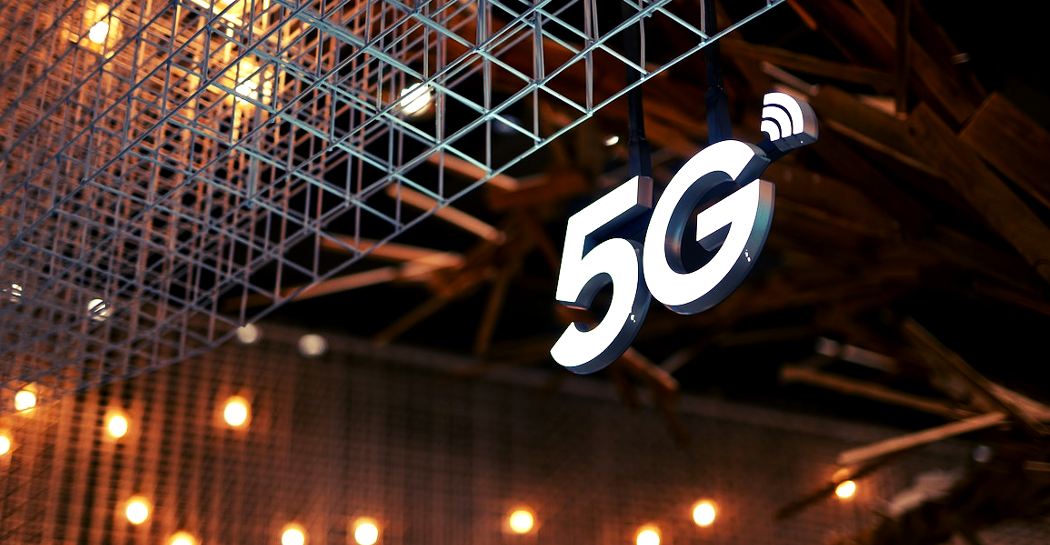On 5th May 2023, India witnessed a historic moment when Prime Minister Narendra Modi launched 5G services in the country.
The launch of this high-speed internet service marks a new chapter in India’s digital transformation journey, making it one of the first countries in the world to embrace this cutting-edge technology.
What is 5G?
Before delving into the significance of the launch, let’s first understand what 5G is. 5G is the fifth generation of mobile network technology that promises to offer faster internet speed, low latency, and improved reliability.
It is expected to revolutionize various industries, including healthcare, education, transportation, and entertainment.
5G vs. 4G: What’s the Difference?
Compared to 4G, 5G offers significantly faster internet speeds, up to 100 times faster than the current 4G technology.
It also has a lower latency, which means there is less delay in data transmission, making it ideal for applications that require real-time response, such as remote surgery and autonomous vehicles.
Launch of 5G in India
India has been eagerly waiting for the launch of 5G services for a long time, and on 5th May 2023, the wait finally came to an end. Prime Minister Narendra Modi launched the services from the Indian Institute of Technology (IIT) Delhi, where he also addressed the audience on the significance of the launch.
The launch was a result of the government’s efforts to promote the use of digital technologies in the country.
The government has been working towards creating a digital infrastructure that can support the implementation of 5G technology. The launch of 5G services in India is expected to provide a much-needed boost to the country’s economy, especially the IT and telecom sectors.
Benefits of 5G Services in India
The launch of 5G services in India is expected to bring several benefits to the country, including:
- Faster Internet Speeds: 5G promises to offer internet speeds of up to 10 Gbps, which is significantly faster than the current 4G technology. This means users can download and stream content at lightning-fast speeds, making their internet experience more seamless and enjoyable.
- Improved Connectivity: 5G offers improved connectivity, which means users will be able to access the internet from almost anywhere without any interruptions. This is especially beneficial for people living in remote areas, where internet connectivity is often poor.
- Boost to Economy: The launch of 5G services in India is expected to provide a boost to the country’s economy, especially the IT and telecom sectors. It is expected to create thousands of new jobs and drive innovation in various industries, which will further contribute to the country’s economic growth.
- Digital Transformation: 5G technology is expected to play a crucial role in India’s digital transformation journey. It will enable the implementation of various digital technologies, such as the Internet of Things (IoT), which will revolutionize various industries, including healthcare, education, and transportation.
- Improved Healthcare: 5G technology is expected to improve healthcare services in the country by enabling remote consultations, remote surgeries, and other telemedicine services. This will be especially beneficial for people living in rural areas, where access to healthcare services is often limited.
Challenges and Roadblocks
While the launch of 5G services in India is undoubtedly a significant achievement, there are several challenges and roadblocks that need to be addressed. One of the main challenges is the lack of infrastructure to support 5G technology.
The deployment of 5G technology requires a significant investment in infrastructure, including setting up new towers and upgrading existing ones. This requires significant capital investment from telecom companies, which may be a roadblock for some of the smaller players.
Another challenge is the lack of 5G-enabled devices. While several companies have already launched 5G-enabled smartphones and other devices, the cost of these devices is still prohibitively high for many consumers. This may limit the adoption of 5G technology, at least in the short term.
Moreover, there are concerns over the potential health effects of 5G technology. While there is no conclusive evidence to suggest that 5G technology poses a health risk, some studies have suggested that prolonged exposure to electromagnetic radiation could have adverse health effects.
Conclusion
The launch of 5G services in India is undoubtedly a significant milestone in the country’s digital transformation journey. It is expected to provide a boost to the country’s economy and drive innovation in various industries.
However, the deployment of 5G technology also presents several challenges that need to be addressed, including the lack of infrastructure and 5G-enabled devices, as well as concerns over potential health effects.
It is now up to telecom companies, government agencies, and other stakeholders to work together to overcome these challenges and ensure that 5G technology is deployed in a safe, efficient, and cost-effective manner. If done right, 5G technology could truly transform India’s digital landscape and usher in a new era of innovation and progress.
Frequently Asked Questions
What is 5G technology?
5G is the fifth generation of mobile network technology that promises to offer faster internet speed, low latency, and improved reliability.
What are the benefits of 5G services in India?
The launch of 5G services in India is expected to bring several benefits, including faster internet speeds, improved connectivity, a boost to the economy, digital transformation, and improved healthcare services.
What are the challenges associated with the deployment of 5G technology in India?
The main challenges associated with the deployment of 5G technology in India include the lack of infrastructure, the high cost of 5G-enabled devices, and concerns over potential health effects.
What role is the government playing in the deployment of 5G technology in India?
The Indian government has been working towards creating a digital infrastructure that can support the implementation of 5G technology. The launch of 5G services in India is expected to provide a much-needed boost to the country’s economy, especially the IT and telecom sectors.



